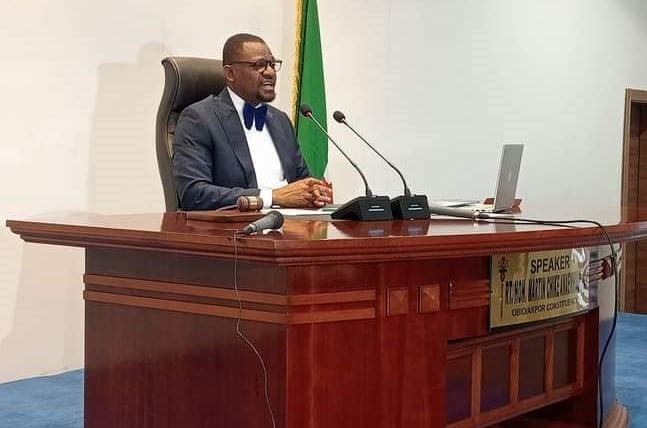Claim: In 1970, there were less than 7 million Nigerians in multidimensional poverty. In 2025, over 170 million Nigerians have fallen within the multidimensional poverty gap.
Verdict: The first claim is partially true while the second claim is false and misleading.
Full Text:
Assessment of President Bola Tinubu’s two-year in office dominated public discourse in recent times.
Contributing to the ongoing discourse on Channels TV Politics Today show on June 3, the presidential candidate of African Action Congress (AAC) Omoyele Sowore made assertions in criticism of the current administration.
“We have become a nation that has pushed people not into poverty this time around but into multidimensional poverty. In 1970, there are less than 7 million Nigerians in multidimensional poverty. In 2025, there are over hundred and seventy million Nigerians in multidimensional poverty”, he said.
Three years after Nigeria’s independence from the British in 1960, a three-year harrowing civil war broke out (1967-70). During this period, there was little to no economic prosperity, coupled with four successive coups that followed.
Verification:
The political instability in post-independence Nigeria caused a huge disruption to economic growth despite oil boom and flourishing agriculture.
The country’s population was estimated to be over 55 million in 1970. While data for poverty level at the time is scarce, several sources pegged it at 13%. Importantly, there has been an increase in population in poverty in Nigeria. As of 1985, poverty rate was 47.8%, when the estimated population stood at over 83 million, representing over 40 million poor Nigerians, according to a World Bank data.
Meanwhile, the National Bureau of Statistics had revealed that there were 133 million Nigerians living in multidimensional poverty as of 2022.
Even with the recent projection, Nigeria’s poverty rate is not expected to reach 170 million as Sowore has asserted.
Conclusion:
Sowore’s claim that there are 7 million Nigerians in multidimensional poverty in 1970 cannot be reliably ascertained, though evidence shows it’s partially true.
However, the politician’s claim that 170 million Nigerians live in poverty in 2025 is false and misleading.












